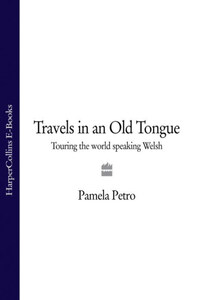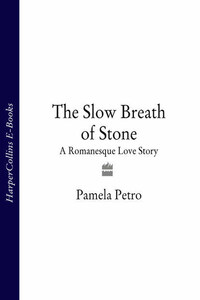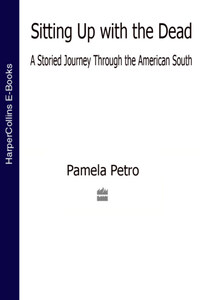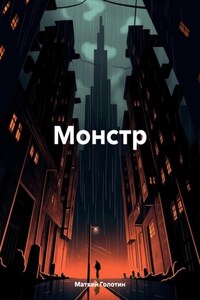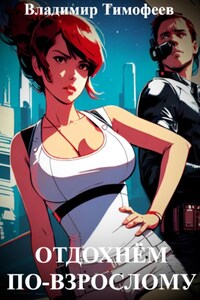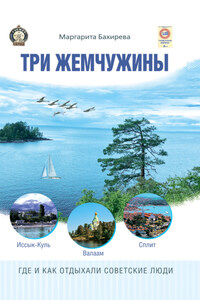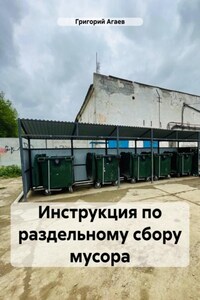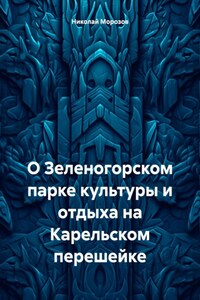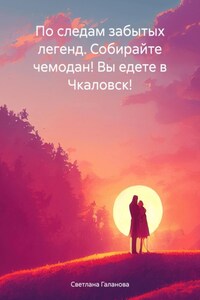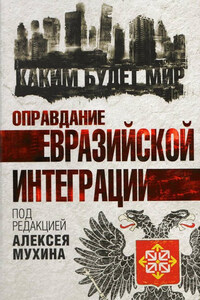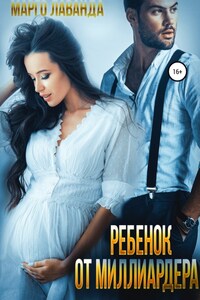Something to bring back to show
you have been there: a lock of God’s
hair, stolen from him while he was
asleep; a photograph of the garden
of the spirit. As has been said,
the point of travelling is not
to arrive, but to return home
laden with pollen you shall work up
into the honey the mind feeds on.
R. S. THOMAS
‘Somewhere’
‘Pam, Pam?’
It could be irony or it could be destiny, but either way my name means Why? in Welsh. My full name, Pamela, smacks of tea and foxhounds.
There’s an episode of I Love Lucy in which Lucy dresses up in riding gear and fakes an English accent to impress Ricky’s friends. Her assumed name, of course, is Pamela. PAHM-ula, that is, sprung from the mouth with the velocity of a ping-pong ball shot from a toy gun. Now hear a Welsh person speak my name, and the tidy hierarchy of syllables goes right out the window. There’s an anarchic pulse to PAM-eL-A that I like much better. My name becomes a quick trip over the hills on a sled in winter. It’s a less efficient way of calling me, but imagine what that extra syllabic beat does for the musculature of the tongue.
The most efficient way to get my attention is to shout ‘Pam!’, which is what I’ve answered to for most of my thirty-five years, but which over the past decade or so has become that nagging ‘Why?’ question as well. ‘Why are you doing this?’ I wondered to myself in 1983, when I turned down a job in Washington, DC to go to the smallest university in Britain – the University of Wales, Lampeter – to get a master’s degree in something called ‘The Word and the Visual Imagination’.
‘Just why did you say you’re doing this?’ my friends wanted to know in 1987, when after two years back in the States I enrolled in a Welsh language class at Harvard.
‘But why are you doing this, Pam? Why do you need to spend a summer working on your Welsh?’ my family asked in 1992, in a tone of supportive desperation that they’ve become very good at, when I returned to Lampeter to spend two months in a seven-days-a-week intensive Welsh language class in a Portakabin, on the hockey pitch, in the rain.
I don’t know. Maybe when I first went to Wales and unwittingly enrolled in an English department, the old Welsh god of Irony vowed to teach me a lesson and made me besotted with the place and its language (I made up the god of Irony, but there really is an old Celtic god of Panic, who comes in handy in cases of both travel and language study). To tell the truth, I really can’t say why my desire to continue learning Welsh got so out of hand that I chose to pursue it on a five-month, fourteen-country crusade around the world. Perhaps I had a premonition of what Ursula Imadegawa would tell me in Tokyo. ‘Pam,’ she said, leaning against her kitchen counter about to hand me a glass of Johnnie Walker Black with pink and purple plastic ice cubes floating in it, ‘you only regret what you don’t do.’
